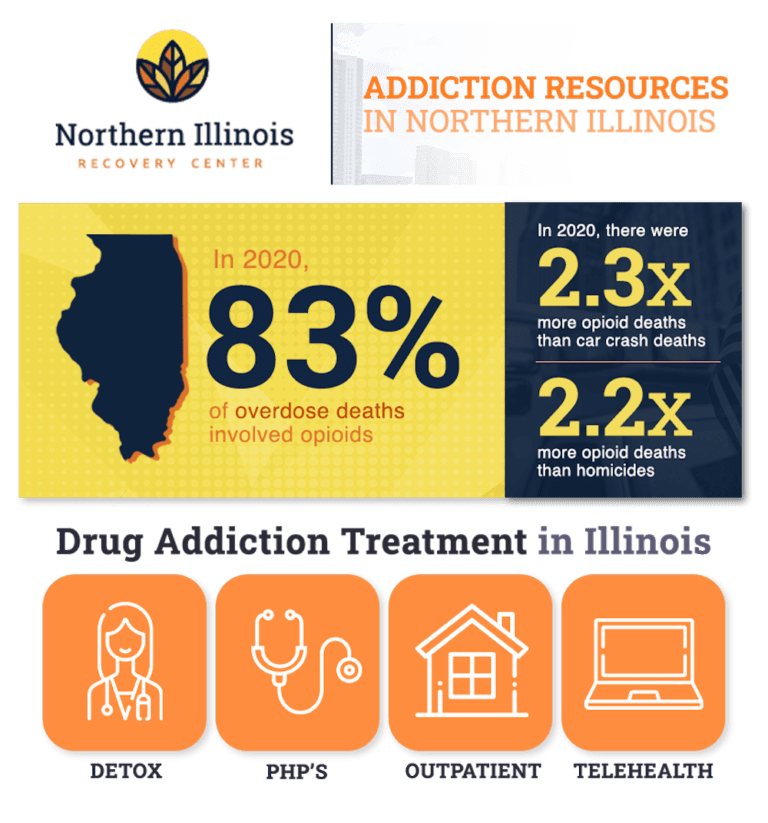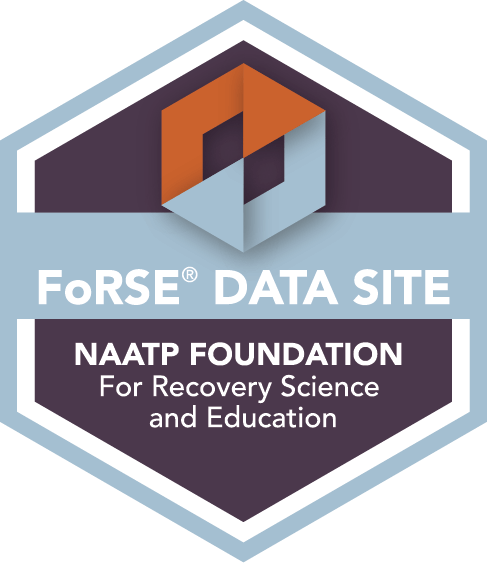The McHenry County Department of Health (MCDH) is notifying residents of McHenry County about a rise in suspected overdose fatalities. Although these fatalities are presently suspected and have not been confirmed as related to opioids, it is noted that the majority of overdose deaths in McHenry County involve opioids, frequently accompanied by fentanyl, a highly potent synthetic opioid, as indicated by the McHenry County Substance Abuse Coalition (SAC). Fentanyl is extremely dangerous and continues to be detected in various illegal drugs within the county, including counterfeit pills, even those that are misrepresented as ‘genuine prescription medications’ acquired unlawfully.
Crystal Lake, Illinois, in McHenry County, has a growing drug misuse problem. Data indicates that Illinois is 32nd in the nation regarding annual drug overdoses, averaging 26.1 overdoses per 100,000 residents, resulting in a total of 3,264 overdoses in 2023. Opioid misuse was responsible for 81% of all drug overdoses in Illinois, with 2,638 opioid-related overdoses recorded in 2024. Rates have not slowed down.
Without treatment, those struggling with substance abuse disorder face life-threatening consequences. At Northern Illinois Recovery Center in Crystal Lake, IL, we’re proud to offer resources to the community to fight back against overdose death trends and drug abuse; explore our programs and resources to learn how to overcome substance abuse disorder.
Treatment also reduces the risk of relapse by offering long-term recovery support through aftercare programs and peer networks. Beyond personal recovery, addiction treatment benefits society by lowering healthcare costs, reducing crime rates, and improving workplace productivity. Most importantly, it offers hope by proving that recovery is possible with the right resources and commitment. If you or a loved one is struggling, reaching out for help is the first step toward a healthier, substance-free future.

Addiction: A Brain Disease
Types of Addiction Resources in Northern Illinois
Depending on a person’s needs, one type of addiction therapy structure may be better than others. These are the main structures in treatment centers:
Detoxification (detox) is the critical first step in addiction treatment, providing a safe and medically supervised environment for individuals to rid their bodies of harmful substances. Withdrawal symptoms can range from uncomfortable to life-threatening, depending on the substance and severity of dependence.
Detox programs offer 24/7 medical monitoring, medications to ease withdrawal effects, and emotional support to help patients stabilize before transitioning to further treatment. While detox alone is not a cure for addiction, it prepares individuals for the next phase of recovery, whether in residential care, outpatient therapy, or other structured programs.
Residential treatment, also known as inpatient rehab, provides intensive, round-the-clock care in a structured, substance-free environment. Patients typically stay for 30 to 90 days, though some programs may last longer for severe cases. This level of care includes individual and group therapy, medical support, life skills training, and relapse prevention strategies.
Residential programs are ideal for individuals with long-term addiction, co-occurring mental health disorders, or unstable home environments that could hinder recovery. By removing outside triggers and offering continuous support, residential treatment helps patients build a strong foundation for lasting sobriety.
An outpatient program involves therapy for at least a few hours each week with one or more facility or virtual visits. There are several types of outpatient programs to address the varying needs and recommended support levels for patients. These include:
- Intensive Outpatient Program: An intensive outpatient program includes multiple therapy sessions every week that often last a few hours each.
- Partial Hospitalization Program: A partial hospitalization program is usually five sessions that last five hours per week, but a person does not sleep at the facility.
When therapists recommend a treatment structure, one of their biggest concerns is a person’s risk of relapse. If the person is a high risk, a residential or PHP program is better. These structures are also better for people who lack a supportive living environment or have a long history of substance misuse. People who have a lower risk of relapse or have a supportive living situation are better candidates for outpatient programs.
As the name suggests, a dual diagnosis treatment plan focuses on treating both disorders. This is important since an underlying mental health condition may lead a person to use a substance. For example, a person who has depression may turn to cocaine to self-treat symptoms. In dual diagnosis treatment, mental health professionals help a person stop using a substance and treat an underlying mental health issue properly. This approach is important to reduce the risk of relapse, which is higher among people who need dual diagnosis treatment and do not receive it.
Therapeutic Addiction Resources in Illinois
- Cognitive Behavioral Therapy (CBT): CBT helps individuals identify and change negative thought patterns and behaviors that contribute to addiction, teaching healthier coping strategies to prevent relapse.
- Dialectical Behavior Therapy (DBT): DBT focuses on emotional regulation, distress tolerance, and interpersonal effectiveness, making it especially helpful for those with co-occurring mental health disorders like borderline personality disorder.
- Family Therapy: This approach involves loved ones in the recovery process, repairing relationships, improving communication, and creating a supportive home environment for long-term sobriety.
- Group Therapy: Led by a trained counselor, group therapy provides peer support, reduces isolation, and allows individuals to share experiences and learn from others in recovery.
- Holistic Therapy: Complementary approaches like yoga, meditation, art therapy, and acupuncture address the mind-body connection, reducing stress and promoting overall well-being alongside traditional treatments.
Each of these therapies can be tailored and combined to fit an individual’s needs, ensuring a well-rounded and effective recovery plan.
Addiction Treatment Resources FAQ
Northern Illinois Recovery Center provides care for a wide range of drug abuse disorders, including opioids, cocaine, benzodiazepines, heroin, prescription drugs, methamphetamine, and fentanyl. We also offer support for alcohol addiction and teen mental health. Each program offers specialized therapies tailored to the unique challenges of different addictions. Medical detox and evidence-based treatments ensure safe and effective recovery for all substances.
Our admissions process typically begins with a confidential phone or online assessment to determine the appropriate level of care. Next, we help you with insurance verification and travel arrangements (if needed). We are dedicated to providing cost-effective, accessible treatment to those who need it most. Our admissions team is happy to answer any questions you may have about the process, including what to pack for rehab and what to expect during your treatment.
Many private insurance plans, Medicaid, and Medicare cover some or all addiction treatment costs, depending on the level of care needed. We work directly with insurers to verify insurance benefits and minimize out-of-pocket expenses. It’s best to contact your provider or the rehab facility for specific coverage details.
A structured daily schedule in rehab typically includes individual therapy, group sessions, educational workshops, and wellness activities like meditation or exercise. Meals, free time, and support group meetings (such as 12-step programs) are also part of the routine. This balanced approach helps individuals build healthy habits while addressing the root causes of addiction.
You can help your loved one by encouraging them to seek professional help. Express concern without judgment and offer to assist in researching treatment options. Attending family therapy or support groups can also help guide you on setting healthy boundaries. At Northern Illinois Recovery Center, we support families by offering resources specific to loved ones. Explore the links below to learn more:
Remember, recovery is a personal journey, so patience and compassion are key.
To choose an addiction treatment center, consider factors like the types of therapies offered, staff credentials, facility accreditation, and whether they treat co-occurring mental health disorders. It’s also important to confirm insurance coverage and available payment options. Reading reviews and touring the center (virtually or in person) can help gauge the environment.


























